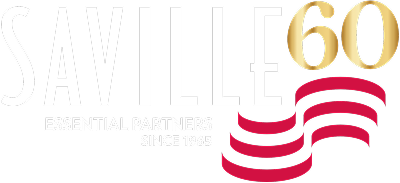The new tax reform bill passed in December of 2017 brought many new changes. One of those was the Opportunity Zone program. This program was created to encourage investment in low-income communities across the United States. It allows for temporary tax deferral of capital gains from the sale of investments. It also allows for permanent deferral of asset appreciation on the sale of Qualified Opportunity Zone Property after holding for ten years or more.
There are three types of property that can be considered Qualified Opportunity Zone (“OZ”) Property:
- Qualified OZ Stock – Domestic stock that is purchased after 12/31/17. The corporation must be a Qualified Opportunity Zone business and must maintain that status for substantially all of the investment period.
- Qualified OZ Partnership interest – Domestic partnership interest purchased after 12/31/17. The partnership must be a Qualified Opportunity Zone business and must maintain that status for substantially all of the investment period.
- Qualified OZ business property – Tangible property used in the trade or business of an Opportunity Fund (“OF”) purchased after 12/31/17 and substantially improved by the OF and used in a Qualified Opportunity Zone for substantially all of the fund’s holding period.
An Opportunity Fund is an investment vehicle organized as either a corporation or partnership that specializes in gathering private investments and investing the capital in an Opportunity Zone. To be considered an Opportunity Fund, the taxpayer must complete a form and attach it to their federal income tax return. The form has not yet been released by the IRS. The Opportunity Fund must substantially improve Qualified Opportunity Zone Property. Improvements must be made within 30 months of acquisition and must be greater than 100% of the original basis of the property. For example, if property is purchased for $100, the improvements to the property must total at least $101.
How does it work?
Capital gains from the original investment must be reinvested in an Opportunity Fund within 180 days of the sale. The taxpayer will then elect to defer gain on their federal income tax return. After the investment is held for 5 years, the capital gains eligible to be taxed are decreased by 10%. After 7 years, the capital gains eligible to be taxed are decreased by an additional 5%, totaling a 15% decrease. The deferred tax on the original gain is due after 8 years or at the time of sale of the Opportunity Zone investment, whichever comes first. If the taxpayer holds the new investment for at least 8 years, they will only pay tax on 85% of the capital gains from the original investment. After a holding period of 10 years, the taxpayer will receive a permanent tax deferral on any asset appreciation from the sale of the Opportunity Zone Property.
There are several restrictions to the Opportunity Zone Program. Several types of businesses will not qualify as Qualified Opportunity Zone Businesses. This includes, but is not limited to, private or commercial golf courses, country clubs, facilities used for gambling or liquor stores. Rules regarding related party transactions apply to this program. Investments in Opportunity Funds that exceed the capital gains deferrals will not receive the same treatment. Debt investments are also restricted, meaning only equity investments are allowed.
There are several potential risks to investing in the OZ program including long-term investment holding periods and specific requirements for the investments of Opportunity Funds. However investing in the Opportunity Zone program can lead to many beneficial tax deferrals. Since this program is newly created, more guidance will be released.
A map of all Opportunity Zones across the United States can be found at the following link.
Please contact us if you have any questions.

